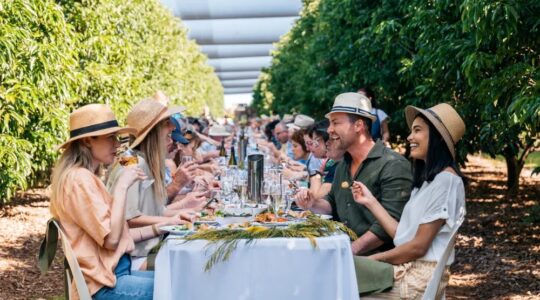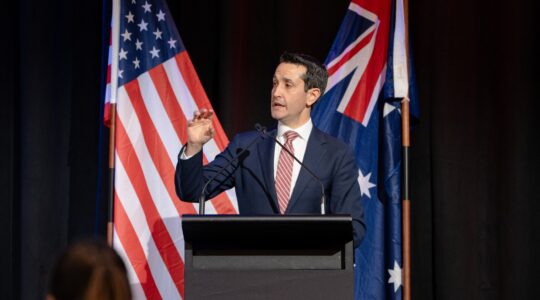Law graduates are playing a key role in fostering a positive, nurturing culture within law firms.
McCullough Robertson Lawyers Graduate Partner Kate Peterson said “growth through challenge and support” was one of the core messages at McR.
“Our graduates want to be engaged and see a career path from the very beginning,” Ms Peterson said.
“Today the dominant professional culture is not hierarchal or top-down, it’s more that we are committed to each other in order to come together as a high performing team.”
McCullough Robertson Head of HR in Sydney Heidi Campbell said while the traditional core training was still there, the focus of learning and development had evolved in response to graduate and junior lawyer demand.
“That includes practical skills like how to delegate and take instructions, how to give and receive feedback, how to negotiate effectively, and how to take ownership of your career development,” Ms Campbell said.
“Resilience, wellbeing, and supporting sustainable careers are also key areas of focus.
“Each graduate also has various levels of support available, from graduate development partners, to buddies (or junior lawyers) within their team who can offer guidance and mentorship.”
Other benefits include flexible working options, a paid portion of HECS debt, a small business clothing allowance, and the ability to undertake further higher education.
Along with graduate expectations, client expectations had also changed, Ms Peterson said.
She said clients were looking for lawyers with genuine industry knowledge who understood their business.
“They want lawyers who can add to their strategic decision making,” Ms Peterson said.
“For instance, in the past lawyers might have presented a very black and white advice to a client and that would’ve landed well.
“But now it’s much more of a problem-solving partnership – having a seat at the table and helping to come up with innovative solutions and support the goals of your client.”
The firm expects agility from graduates, working in different practice groups and for different clients.
Pro bono work is a big part of the graduate program, with young lawyers undertaking dedicated projects for organisations such as the Financial Rights Legal Centre, Arts Law, LawRight, and the Kingsford Legal Centre.
The firm also has a dedicated pro bono partner and pro bono champions in each team.
McCullough Robertson Head of HR in Brisbane Tara Elston said the firm accepted around 20 graduates nationally each year.
These numbers have been steadily increasing through commitment with clerkship programs and the graduate program where graduates have the ability to rotate through two different practice groups.
“We have recognised the importance of having a really strong graduate program and in Sydney we have grown the number of graduates from three in 2021, to seven last year,” Ms Elston said.
The firm is about to turn 100 next year which is a “momentous time” to be joining and to be part of the team.
“It’s a big occasion” says Ms Peterson, “to feel that sense of connection to a really established legacy in our Brisbane practice, and to looking into the future of our Sydney practice, which is growing year on year.
“Graduates are an important part of that story – in fact, we’re proud that a quarter of our current partners started their careers here as graduates.”
The firm was looking for analytical talent, proven dedication, and someone who would be part of the firm’s down to earth team culture, she said.
“This has multiple benefits, including increased diversity in our talent pipeline for the future.”
She described lawyers as hyper-detailed problem solvers working in a team.
“It’s an intellectual challenge and you’re exposed to all of the important questions and challenges of society and the economy,” Ms Peterson said.
“When looking for graduates we don’t just look at their university marks, but also their work experience, leadership skills, extracurricular associations, and for-purpose involvement.
“Obviously we need the foundations there, but it’s a whole package of experience that gives people a good foot in the door – if you have the energy and the talent, the sky’s the limit.”







